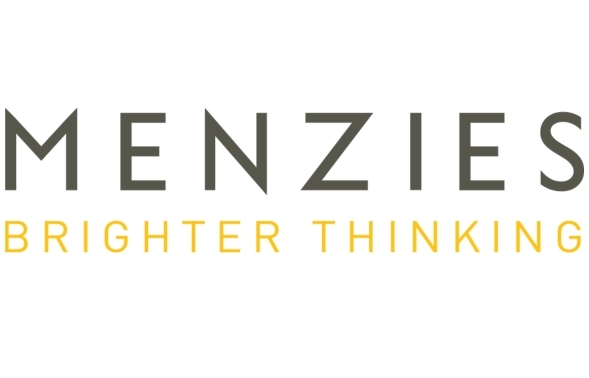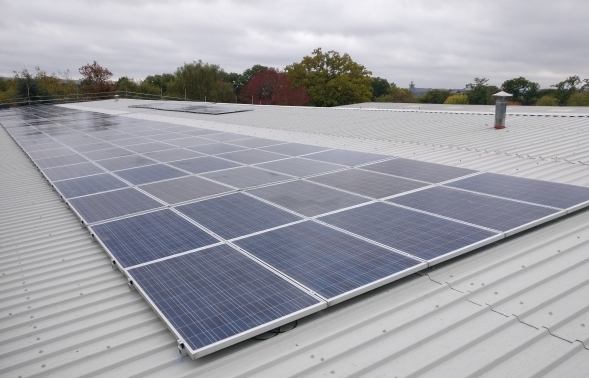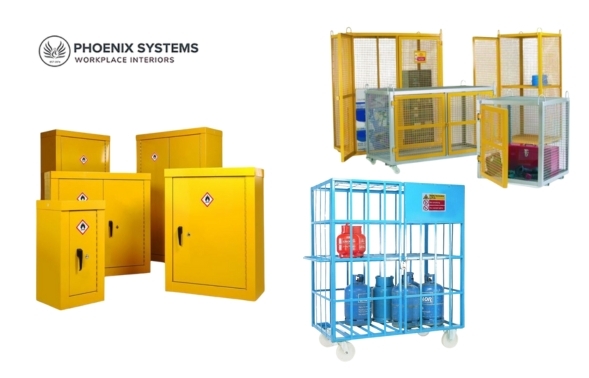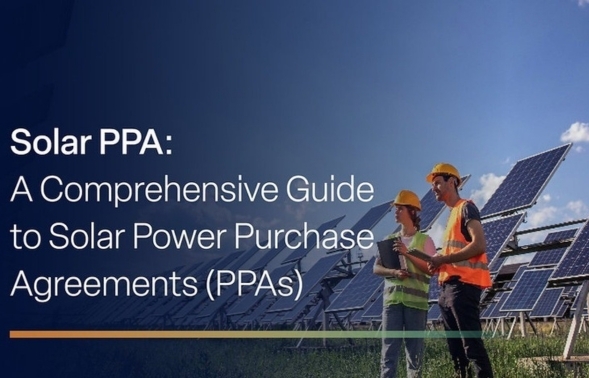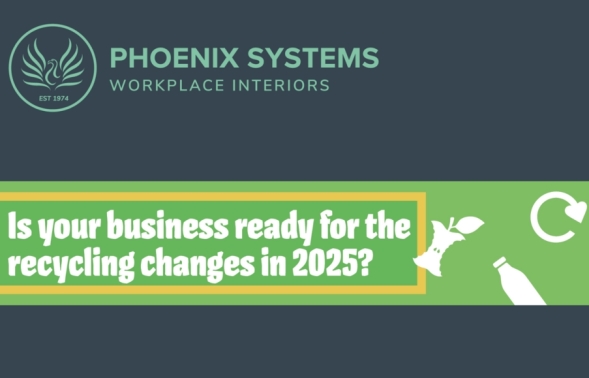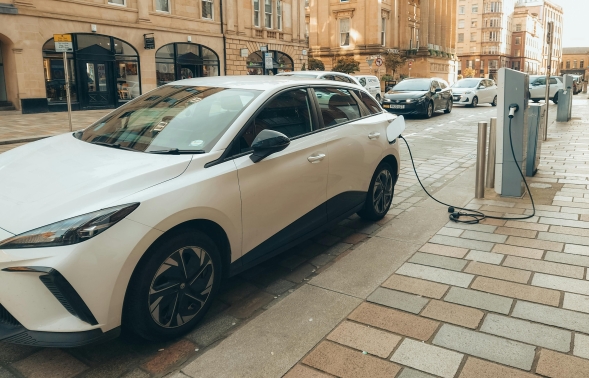Although a commercial solar energy system can help you save money on your energy bills, it also offers a variety of tax incentives. These can help boost the ROI of your investment.
In this article, I'll talk about the various types of capital allowances and how they can be claimed for solar energy systems.
Capital allowances are one of the various types of tax incentives that can be claimed for solar energy systems.
The capital allowances are made to help minimise the amount of profit that you pay tax. The profit that you make from the purchase of equipment such as solar panels and the installation of these products will drastically reduce your corporation tax bill.
The corporation tax rate is 25%, which means that the amount of money that you can save through the tax incentives is 25% of the asset's value. This can be done through the use of capital allowances.
You can claim capital allowances for solar panels.
The profit that you can make from the purchase of various assets can also reduce your taxable income. This is referred to as the rate pool.
One year's worth of claims can determine whether or not you have a 50% or 100% capital allowances for solar panels.
An annual investment allowance can also be claimed for solar panels. If you have multiple claims to make, you can determine if you have a 100% or 50% capital allowance for solar panels.
An annual investment allowance can also be claimed for solar panels. This type of tax incentive can reduce your taxable income.
A special rate pool is also available for first-year allowances.
The full solar PV system that you have already claimed for the tax year will not be eligible for the AIA if you haven’t claimed for the allowances for the current year.
Various types of machinery and equipment used in solar PV systems, such as generators and batteries, are eligible for the first-year allowances at a rate of 50%. Following the first year, the special rate of 6% is available for the next year.
This means that you can get significant savings in the first year and throughout the following years. As previously mentioned, this will also help lower your energy bills and reduce your business's overall carbon footprint.
The other components of the system can also benefit from this type of tax incentive.
Many people are confused about the different tax rates that apply to solar panels and machinery. In April 2021, a higher rate of super deduction was introduced for qualifying energy-saving equipment and plants. This meant that the rates for solar panels and generators will vary.
Previously, the various components of a solar system, such as generators, solar panels, and inverters, were considered machinery and plants. These have now been classified as such and are eligible for the special pool rate and the AIA.
The installation of a solar system is also counted for these special rates as long as it is included in the system's total billing. This means that if you have multiple companies buy the system and then subcontract the installation, then the process won't be eligible for the special capital allowances.
The capital allowances for solar panels can be claimed on the basis of the equipment and plants that were used.
You should also make a statement about your capital allowances on the company's tax return. These should be done by a qualified accountant to ensure that the amounts are correct.
A solar system can also provide you with various tax benefits, such as R&D tax credits, which encourages companies to innovate.
A well-designed solar system can help lower your energy costs for up to 25 years. In addition, it can help your company's sustainability efforts and reduce greenhouse gas emissions.
The information presented here is intended only for reference, and it should not be regarded as tax advice. You must talk to your appointed accountant before making any decision in relation to the information provided.
